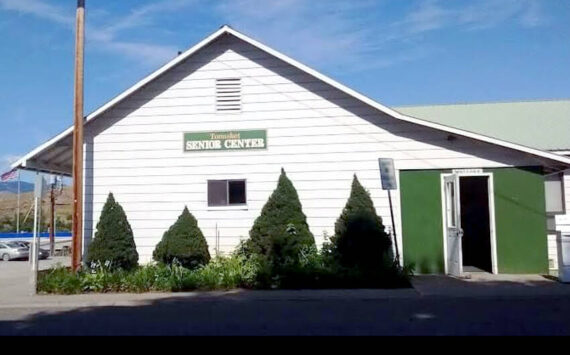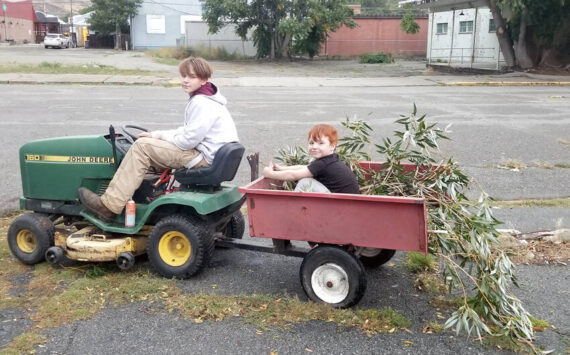TONASKET – Tonasket City Council members hit a deadline for approving or declining a standard loan of $27,500 along with a forgivable loan for the same amount from the Washington State Department of Ecology for a Storm-water Facility Plan.
Mayor Patrick Plumb and members of the city council had tentatively accepted the offer made by the DOE for a Stormwater plan when the City was awarded the $27,500 forgivable loan in 2015, but still needed to sign an agreement to pay back a standard loan of the same amount.
“At this time there are not funds in the budget for the loan payments,” advised City Clerk-Treasurer Alice Attwood, adding that an answer needed to be given to the DOE by the end of January.
“If we don’t have the money to cover our obligation, how can we accept this (offer from DOE)?” asked Council member Jill Vugteveen. “Money is the ultimate factor here. We don’t have a fund for storm water here, so that’s not applicable.”
In previous discussions, Plumb had proposed adding a $3 per month charge to every water and sewer customer inside the city limits that would raise about $14,000 and have a two-year ability to meet the obligation. Attwood expressed concern about adding a stormwater utility charge to the already increased water and sewer funds.
“The timing is poor. We discussed going higher than the ten percent increase, but Alice (Attwood) and (Maintenance Supervisor) Hugh (Jensen) both advised against it,” said Plumb. “Once you have to start borrowing money to maintain service, your business is in trouble.”
“We need to recover from the cost of the pump going out that drained our reserve funds before we take on any added expense,” said Vugteveen, adding that she didn’t feel the city should have to bear the burden of the entire cost of the stormwater project, as the flooding was partly caused by the DOT continually adding asphalt to the surface of the roads; causing additional runoff.
“Maybe we could build some sort of storage facility on Third and Fourth Street,” said Plumb, adding that Jensen had identified some things he could do in-house.
“The DOE offer of 50 percent (payment on the project) is great, but not enough. We are in an economically distressed area, especially after the wildfires two years in a row,” said Plumb.
Council member Claire Jeffko said she was approached by a business owner who came to her very upset about their business repeatedly flooding.
“Somthing has got to change,” said Jeffko. “If you look at the curb in front of the Yoga Shop, the curb is virtually gone after the DOT raising the road.”
“In the last three or four years, we’ve had more flash water than I’ve seen in the first 30 years I’ve been here,” said Jensen.
“We are dependent on outside services helping us with this,” said Plumb. “I concur we can’t spend $27,500 we don’t have.”
“This council supports creating that storm water fund; it’s just not something we can do right now,” said Vugteveen.
Plumb advised the council vote on whether or not to accept the grant from DOE, so it would free the money up for another community if Tonasket wasn’t going to use it.
Jeffko moved to decline the loan from the DOE, and it was seconded by Council member Dennis Brown.
“Well that was sad,” sighed Plumb.




